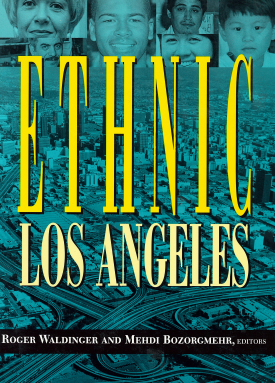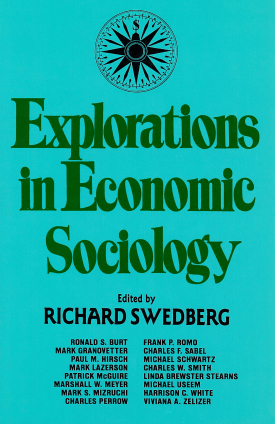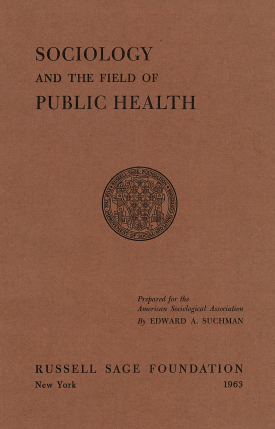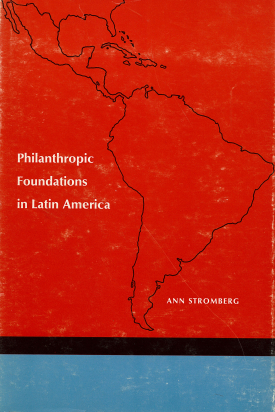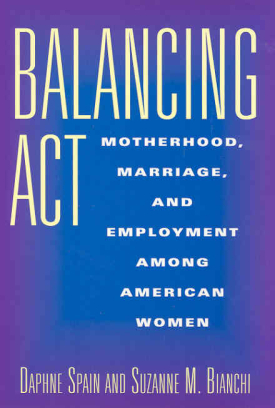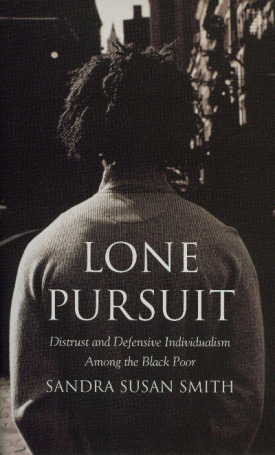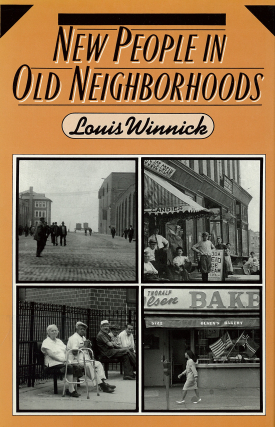
New People in Old Neighborhoods
About This Book
The recent wave of immigration into this country has given rise to myriad concerns—from the worries about the impact of immigration on the nation's economy to questions about whether multilingual education should be used in public schools. The resulting debates have overshadowed some very good news: this influx of New Immigrants has resulted in an astonishing rebirth of many of our older, decaying cities. Nowhere has this demographic renewal been more apparent than in New York City, as Louis Winnick demonstrates in New People in Old Neighborhoods, a timely and perceptive study of the effects of immigration in Brooklyn's Sunset Park.
Sunset Park was born of the late nineteenth century flood of immigrants who developed a prosperous waterfront commerce; by the end of World War I the community had achieved a thriving maturity. Yet the decades following World War II brought about a period of urban decay lifted only by the post-1965 influx of more than 20,000 immigrants, most notably from Asia and the Caribbean Basin. These New Immigrants not only revived the dying community but enriched it with greater ethnic diversity than it had ever known.
Winnick combines data on ethnic change and living patterns with data on employment, housing, school enrollment, and subway ridership to study the revitalization of Sunset Park. He discusses the ethnic composition and characteristics of the new immigrants; trends in self-employment and entrepreneurship ("microcapitalism"); immigrant impact upon retailing, manufacturing, and the lower echelons of the service industries; skill and education levels; and presence in the professions. Winnick also discusses the immigrants' positive effect on faltering New York systems, such as the subways and public schools, and places immigrant renewal within the larger context of overall housing and economic regeneration in New York City.
New People in Old Neighborhoods views today's immigrants as the historic heirs to the community builders of the last century, and offers important insights into the often-troubled yet transforming relationship between the nation and its foreign-born population. The future of these immigrants will be a yardstick to measure the quality and performance of our cities and their neighborhoods in the years ahead.
LOUIS WINNICK is a senior consultant for the Fund for the City of New York.




